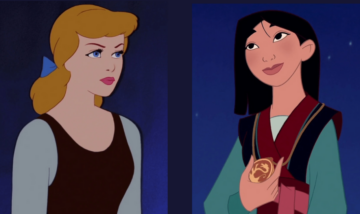
As a child growing up, Cinderella was my favorite Disney Princess. I thought she was so kind and beautiful. My admiration for her didn’t disappear as I collected Cinderella dolls and slippers. It’s not until I reached third grade did I read a picture book insulting Cinderella. It depicted two types of Cinderella’s: one who was labelled “passive” while the other “assertive.” The assertive Cinderella would work hard, not weep, and get herself out of her cruel stepfamily. The passive Cinderella was the opposite, relying on others to get help and would be very emotional too. In the end she lived a miserable life because her Prince had no personality compared to the assertive Cinderella.
Later, I remember telling my dad how Disney Cinderella was useless. Surprised by my statement he asked why.
“Because Cinderella doesn’t do anything to get out of her situation.” I confidently remarked.
He looked at me and then replied, “But her kindness gets her out of the situation doesn’t it?”
I would pause and nod my head, “Yeaah.”
Except I didn’t care. From then on, I disliked Cinderella. I started to believe that strong women had to be assertive. Thus, if anyone asked who was more of a heroine: Mulan or Cinderella, the obvious answer would be Mulan. Yet, overtime I realized a heroine doesn’t need to have “masculine” traits to be admired. Of course there’s nothing wrong with a woman having masculine traits. But to degrade another woman’s “heroine-ness” because they are more “feminine” speaks volumes of our society’s dislike towards women in general.
Also, It’s hard to compare Mulan and Cinderella without understanding their contexts. Cinderella lives in an abusive home, and the only way to cope with her feelings is to ‘dream.’ Or the way I see it is Escapism. Anyone else in her position would have lost it. It’s also highly unrealistic for Cinderella to leave her house.
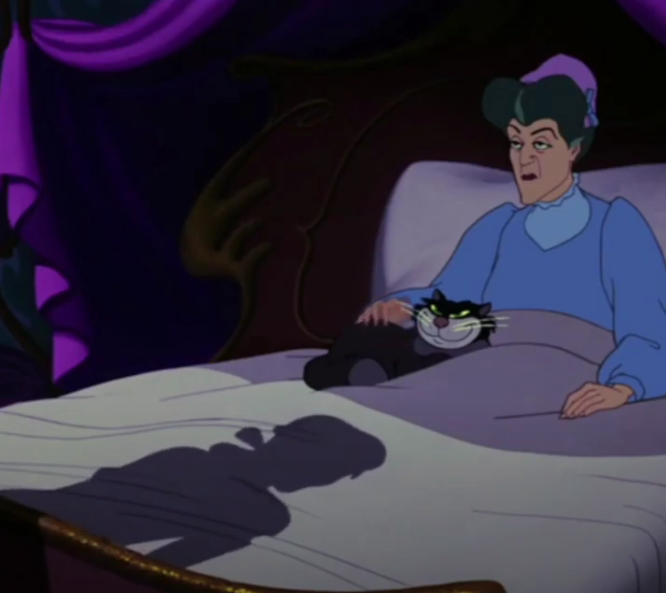
Mulan lives in a strict patriarchal society where her status is determined by marriage. Her tomboyish traits are disliked. Interestingly though, both characters reject the expectations that fall upon them. For example, Cinderella chooses to remain positive and hopeful despite the negativity her stepsisters and stepmother throw at her. Mulan goes to war to protect her father despite knowing society will reject her morals. They pave their own path and that’s what makes each of them powerful.
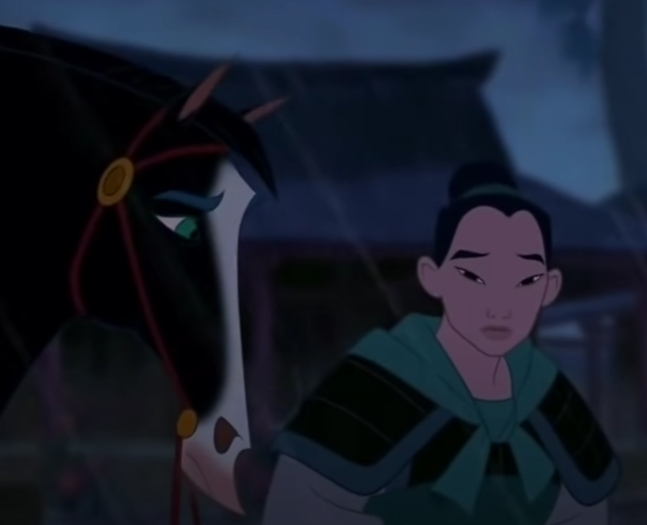
Additionally, Cinderella’s dream doesn’t revolve around a man, nor was she saved by one as everyone claims against her. Yes, the Prince proposed to her, but as she went to the ball, it was her dream to escape from the reality she was living before. The Prince just happened to be there and the two met. Similarly with Mulan, there just happened to be Shang that Mulan became interested in. Surely, throughout the media, the woman is almost always the love interest for the man. And that would be the only woman’s personality. Cinderella and Mulan though? They’ve displayed a whole array of personalities before meeting their ideal man.
However, it’s Cinderella who’s constantly belittled for ending up with a Prince. Why? Because she didn’t “save” herself. Except, Cinderella does save herself without the Prince. Near the end of the movie when her stepmother locked her up, her mice friends tried to bring her the key. The evil cat traps the key, but instead of losing hope, Cinderella calls her dog to help. It’s doubtful the animals would have obeyed her if it weren’t for her kindness. With the key, Cinderella runs down away from her locked room and disobeys her stepmother. This eventually shows how Cinderella stands up against her stepmother.
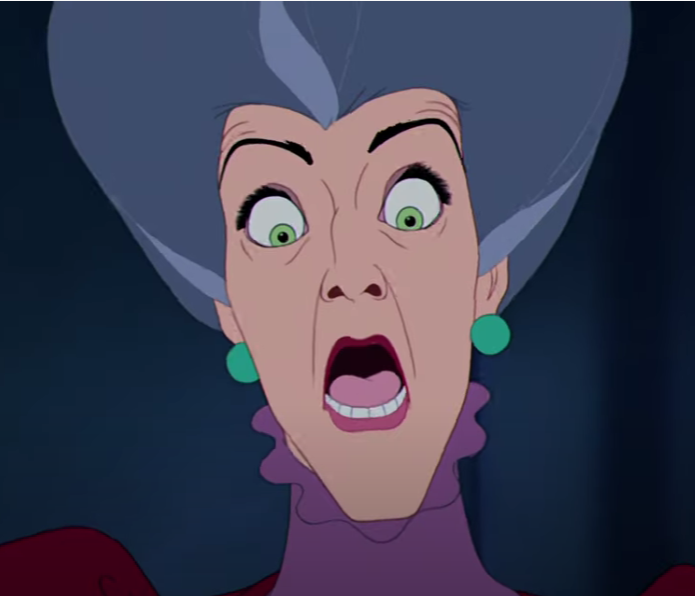
Snapshot taken from YouTube; Cinderella Movie Clip
Not with a sword, not with words, but with her actions. Perhaps it’s not done in a forceful manner, but that doesn’t matter because her trust with the animals illustrates the trust she has within herself. And it’s just as similar to Mulan’s trust with her comrades and herself against the enemies. They both portray self-confidence but they’re just displayed in different ways because of their personalities. And that’s what makes them unique. We should be careful with what behaviors we’re trying to criticize because in the end, we may anonymously be justifying negative societal perceptions. All of which start by hating our differences instead of accepting them.
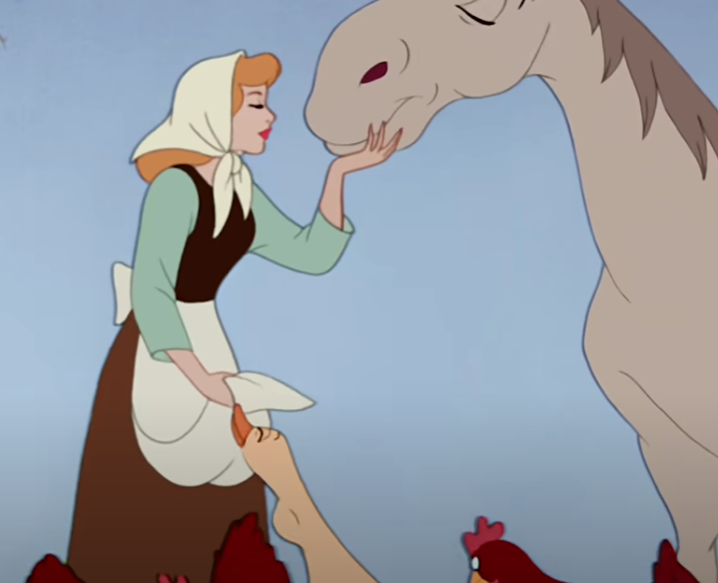
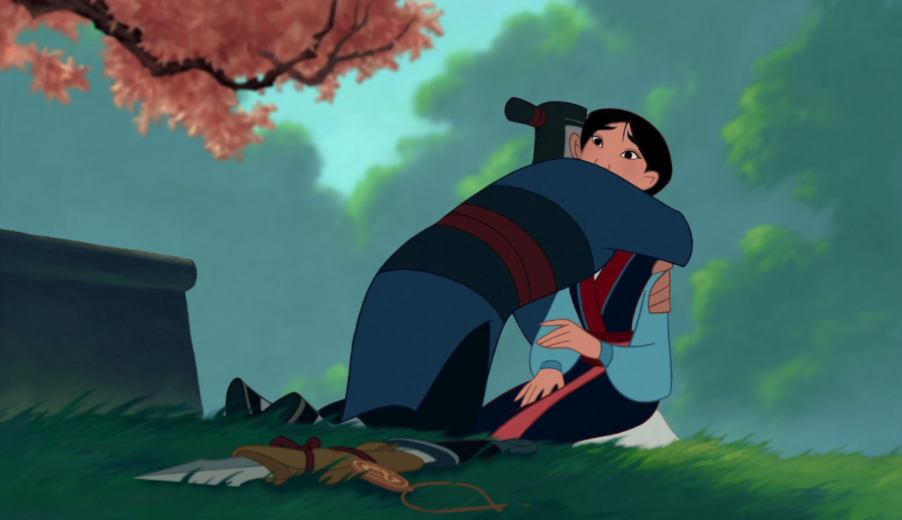
Article Inspired by this source
